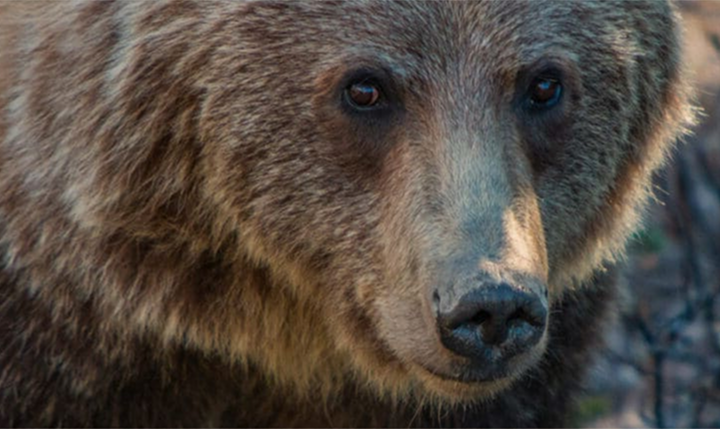New financial support is leveraging technology to help communities better understand recreation needs and patterns in and around western Canada’s mountain communities.
Funding from RBC Foundation’s #TechForNature program will support Yellowstone to Yukon Conservation Initiative (Y2Y) as they conduct collaborative research and mapping to understand when, where, and how people are recreating in British Columbia’s Upper Columbia and Alberta’s Kananaskis-Ghost regions.
The data will inform communities, governments and stakeholders to ensure people recreating can continue to access the places they love, ensure wildlife are able to thrive, and make space for everyone to enjoy the outdoors.
As people recreate in more places, more often, and go farther and faster than ever before, careful planning is needed. This growth can unintentionally add pressure to wild places and species, increase tensions across users, and affect the quality of our outdoor experiences.
“People protect what they love, and people who recreate in nature can become advocates for wild places. This research aims to find out how people can stay connected with nature while also protecting important wildlife habitat,” says Dr. Karine Pigeon, lead researcher and post-doctoral fellow at University of Northern British Columbia and Y2Y. Her research guides Y2Y and many of their partners.
Local governments, First Nations, adventure tourism businesses, recreationists, and conservationists in southeastern British Columbia and in Alberta’s southeastern slopes of the Rockies have identified concerns about the places that they work, live, and play in — including a need for better recreation management.
Recreation and tourism are important economic factors in this region so it is important to maintain quality experiences. However, there is little quality data on recreational trail use, so a research project is now under way to help us understand more.
Y2Y is proud to work with RBC Foundation to address and solve the most pressing environmental concerns of our time, including projects like this. Today’s innovative technologies offer immense potential to help solve these environmental challenges. RBC is leveraging its capabilities in technologies such as artificial intelligence and blockchain as well as its convening power, to build solutions and the type of multi-partner coalitions needed to address and solve our shared environmental challenges.
“At RBC, we believe in the power of innovative technologies to address and scale solutions to some of the most pressing environmental issues of our time,” says Valerie Chort, vice-president, corporate citizenship, RBC.
“We’re proud to be working alongside Yellowstone to Yukon Conservation Initiative to develop real-world, scalable solutions to tackle the challenges to help communities and the environment thrive.”


